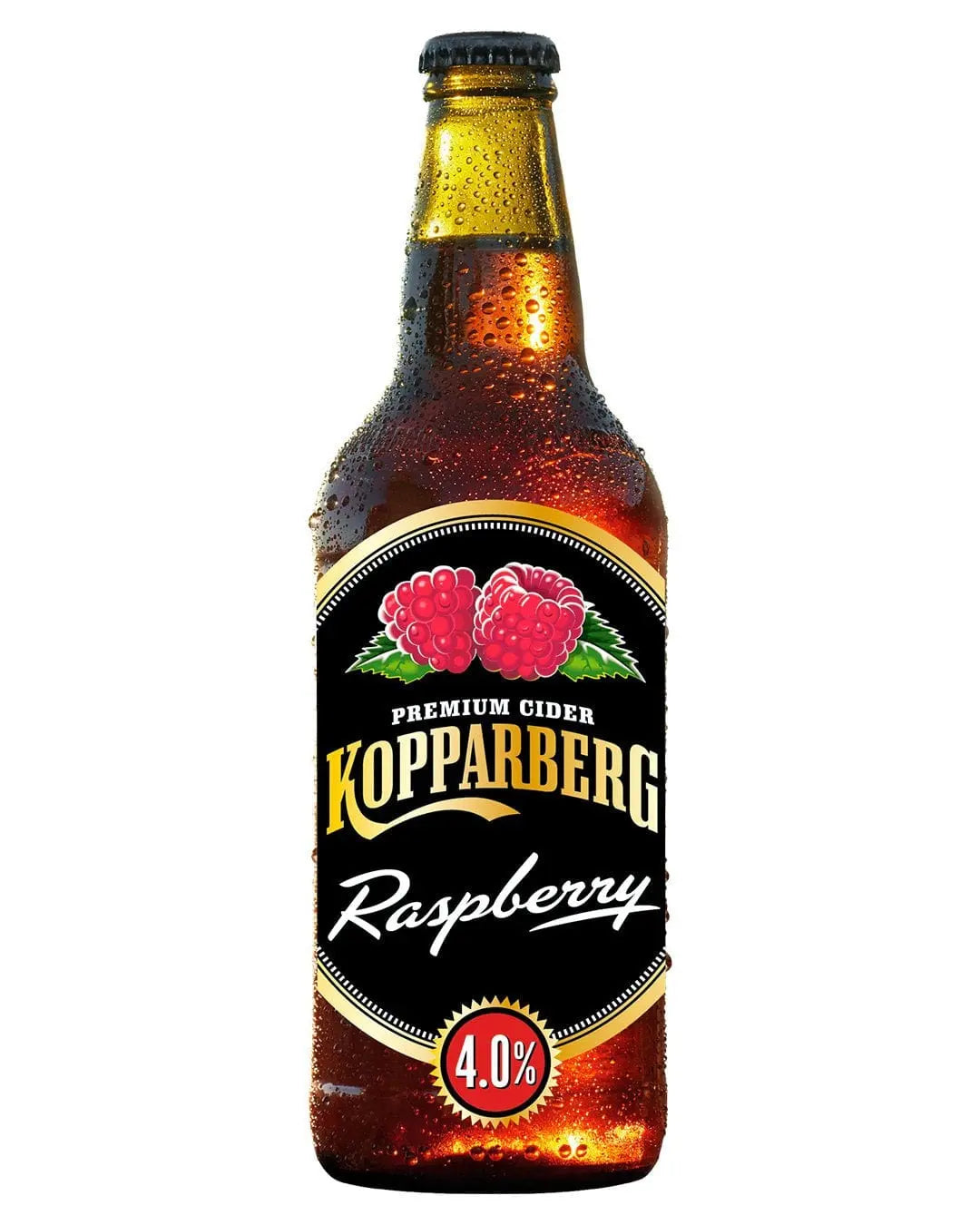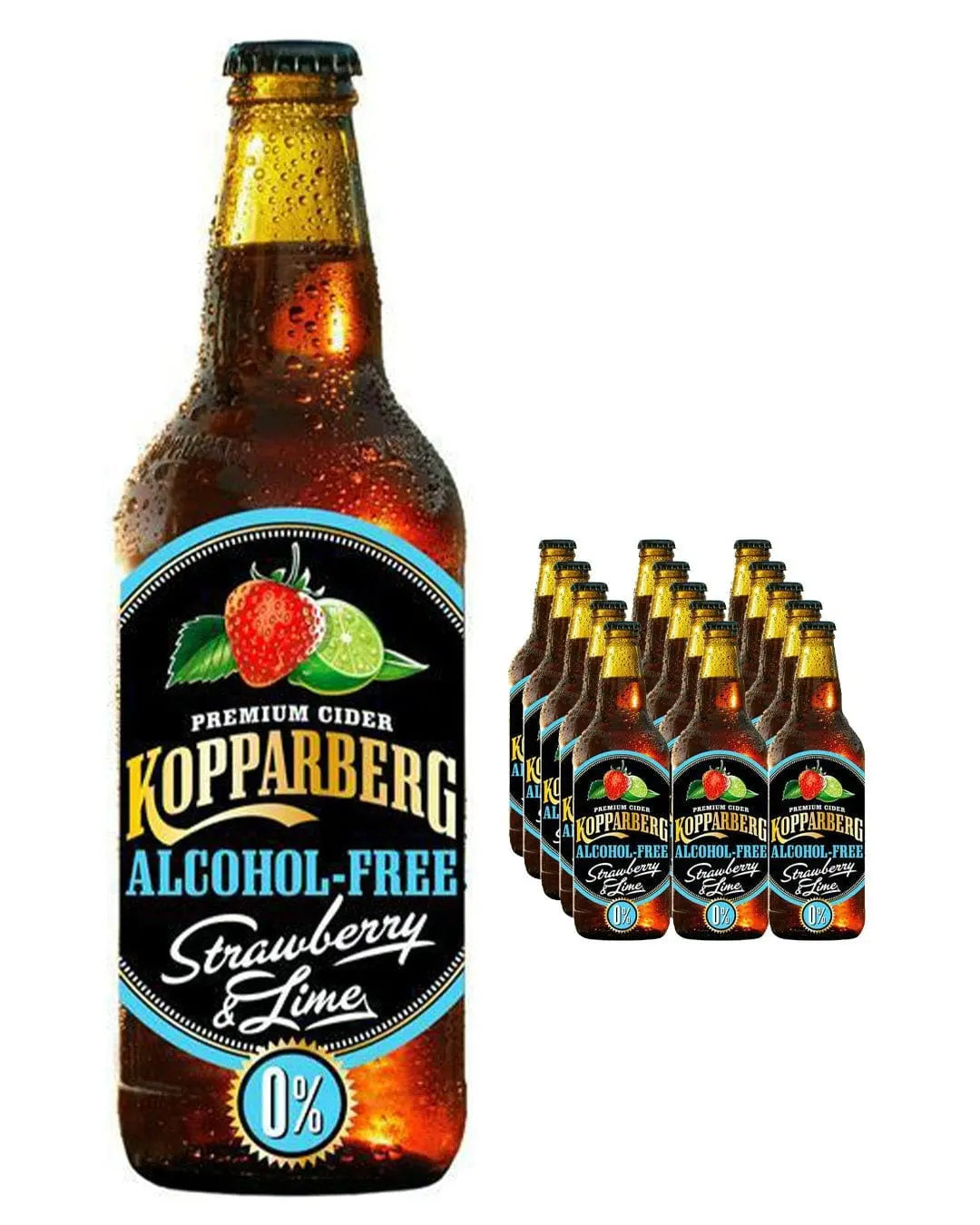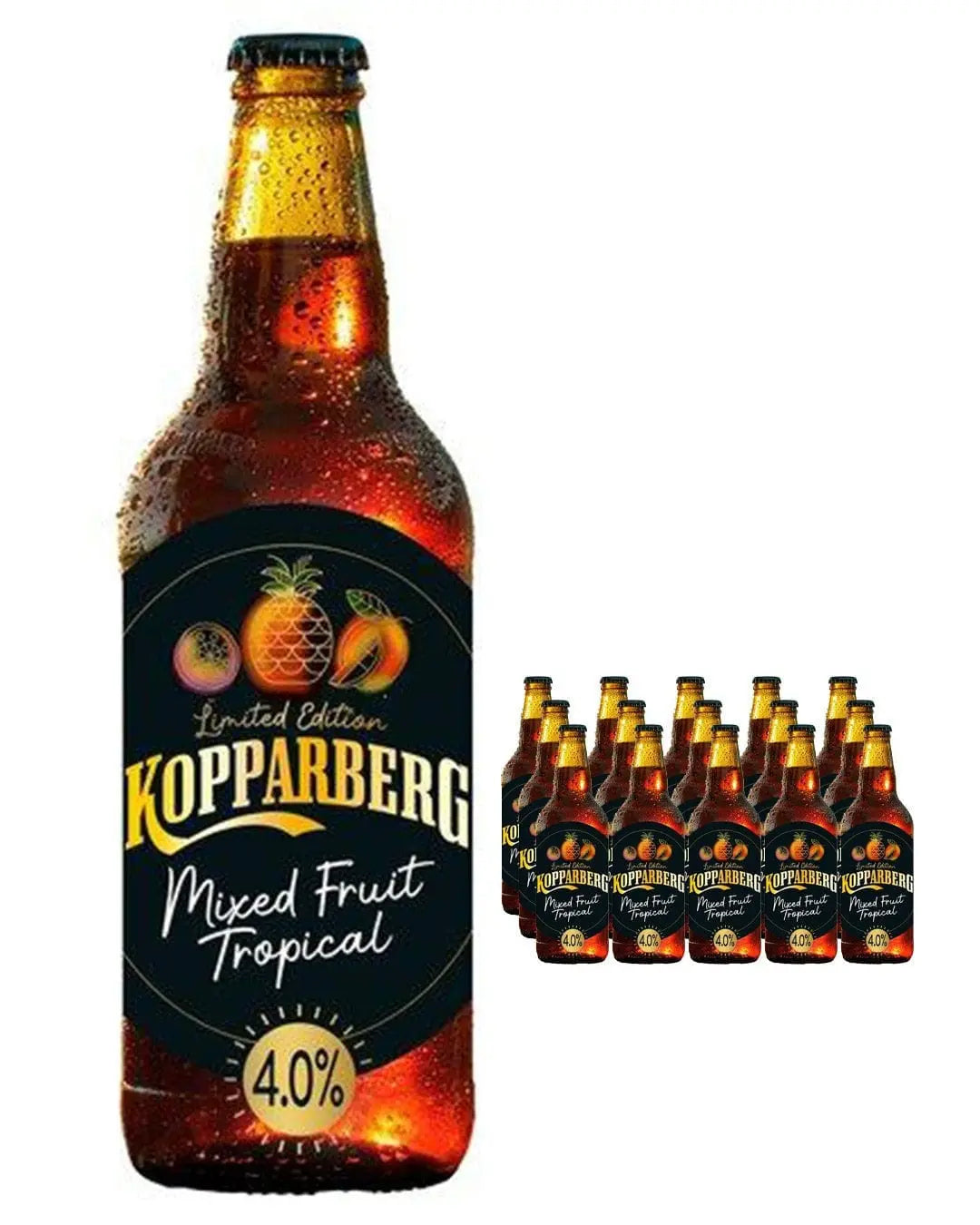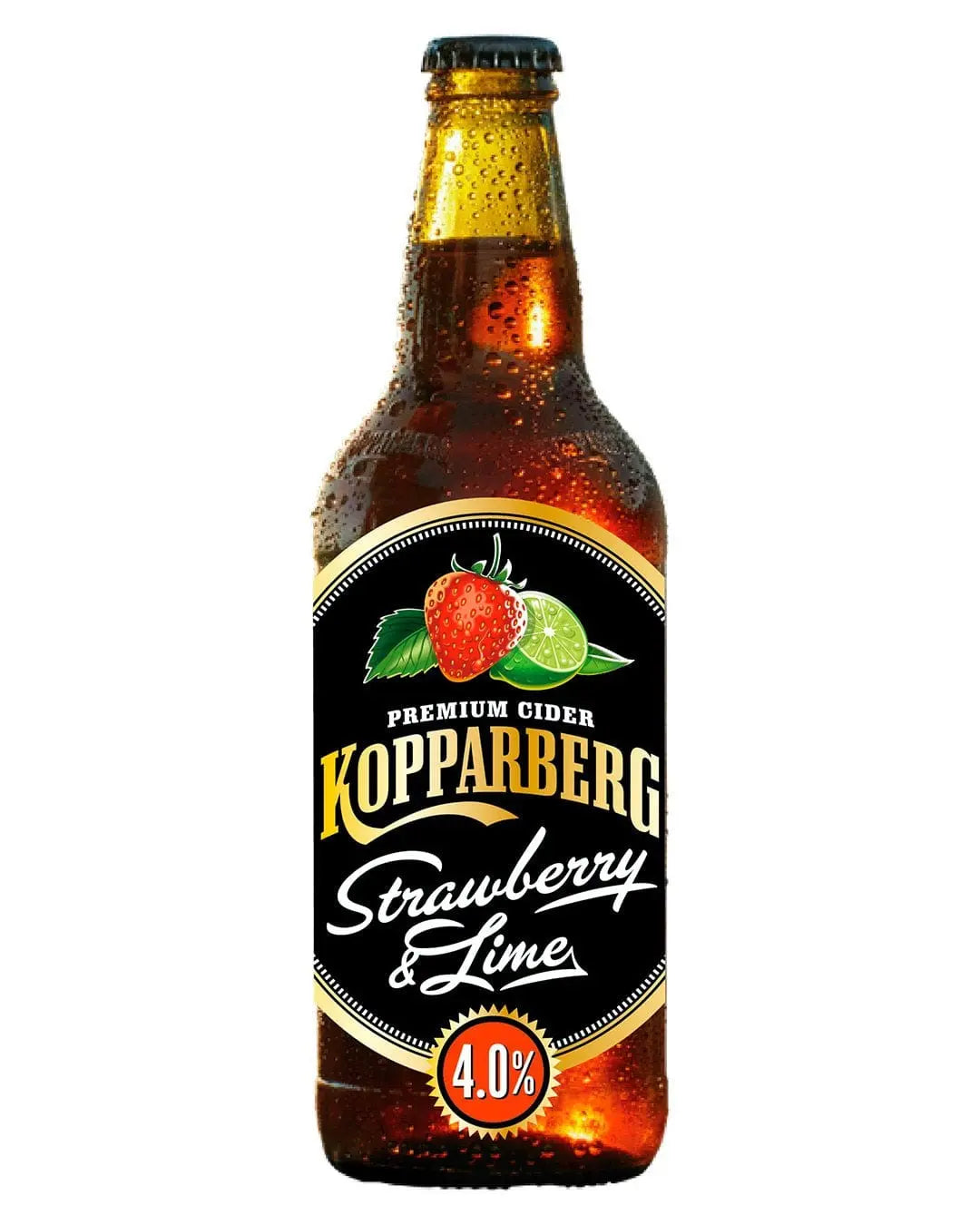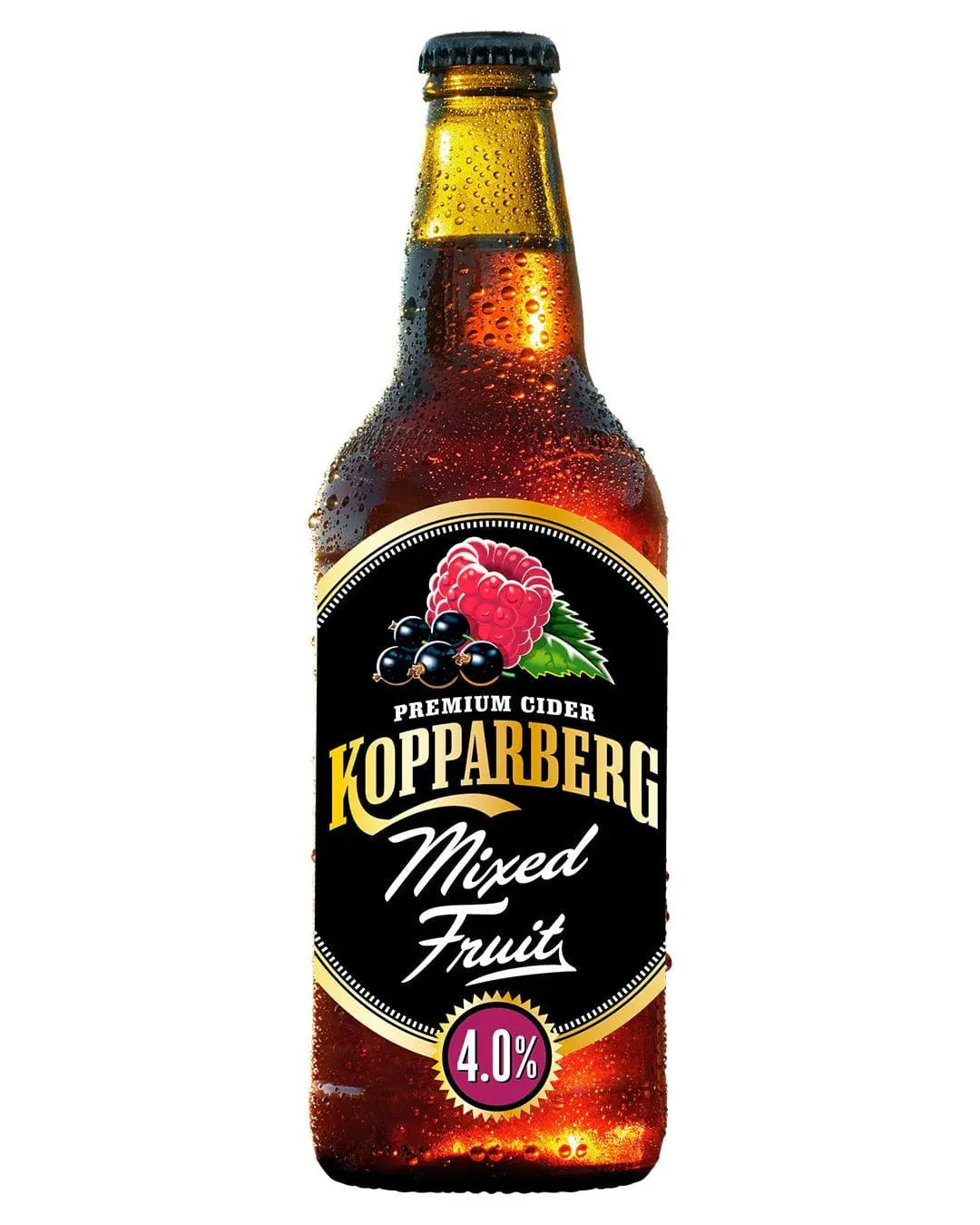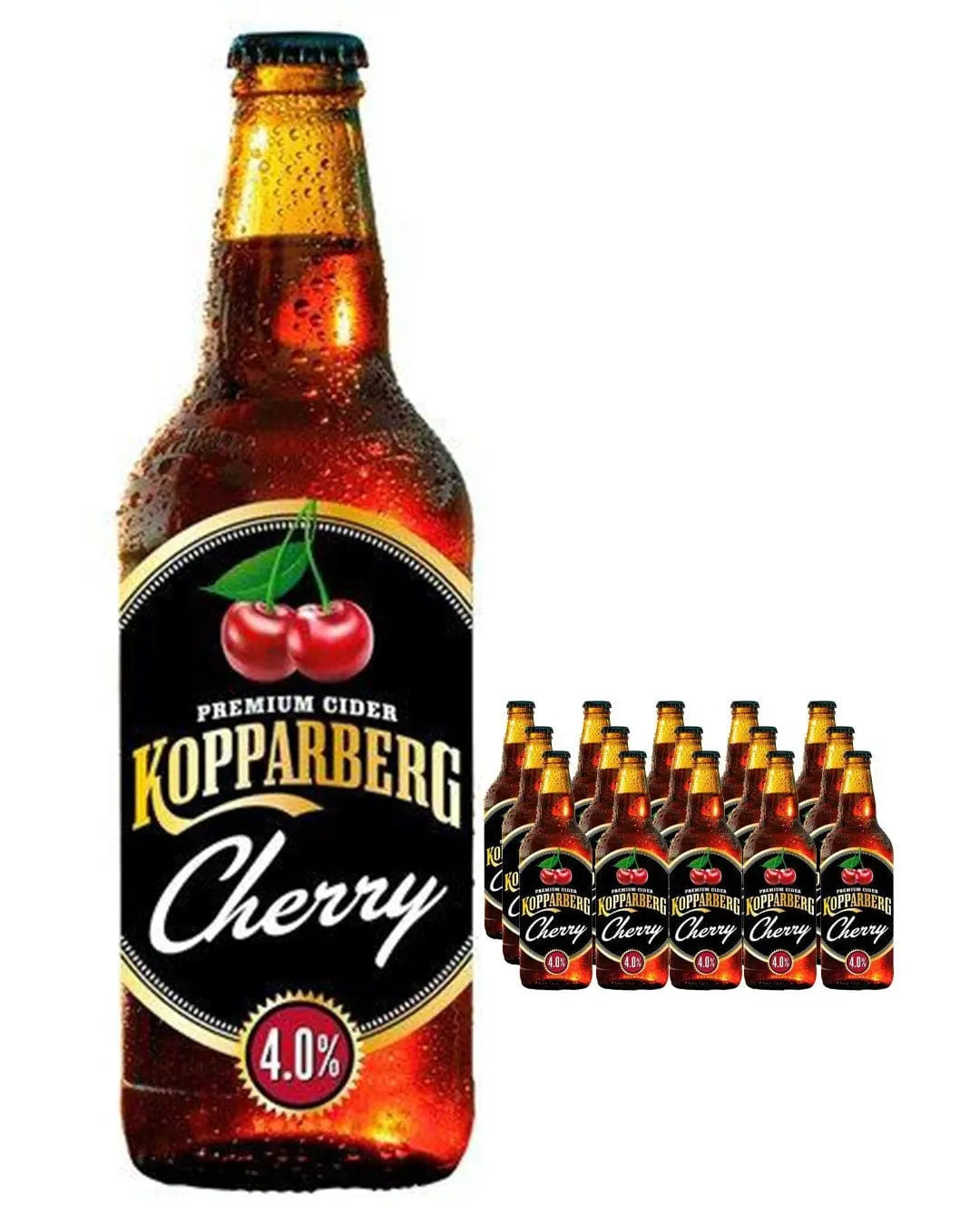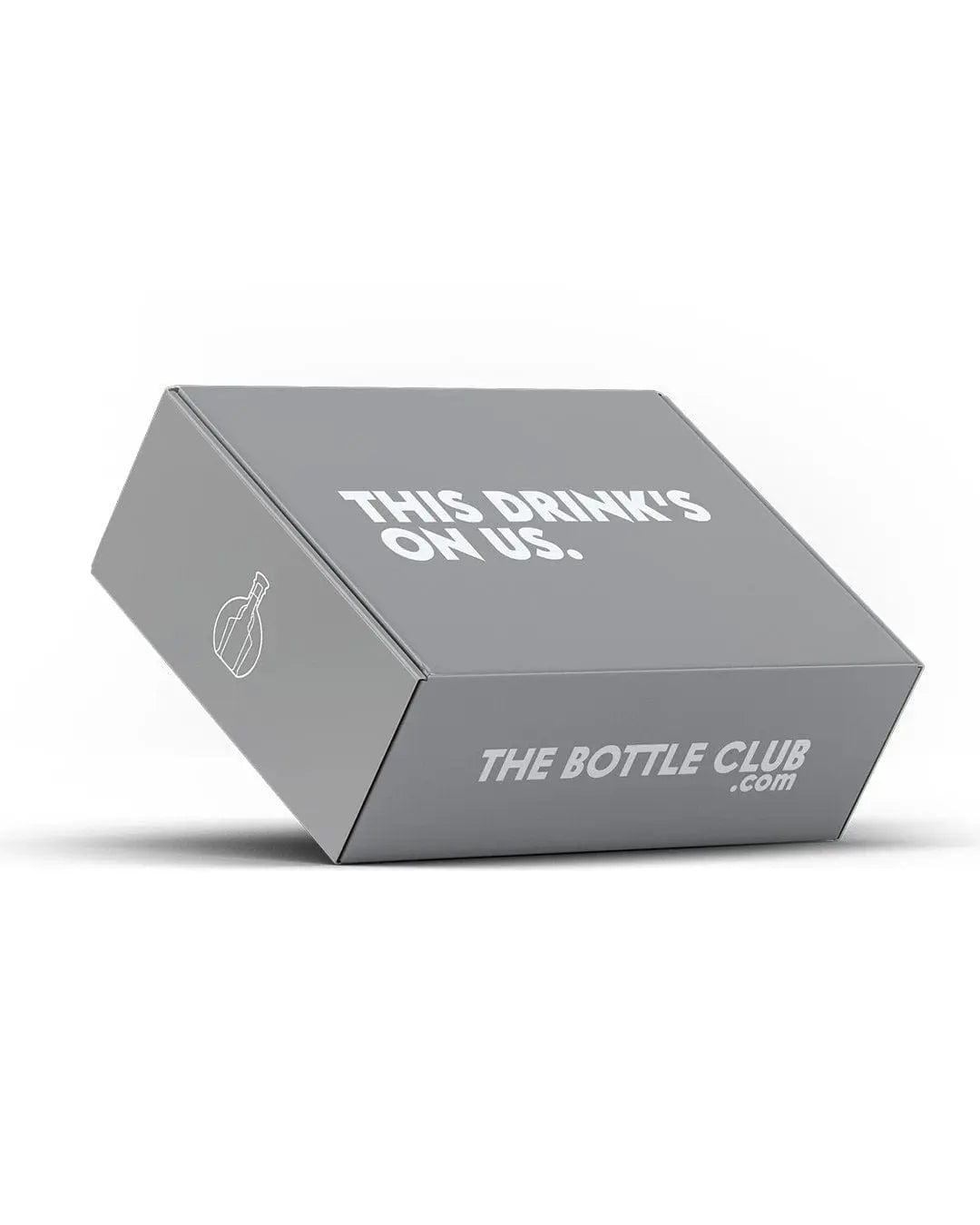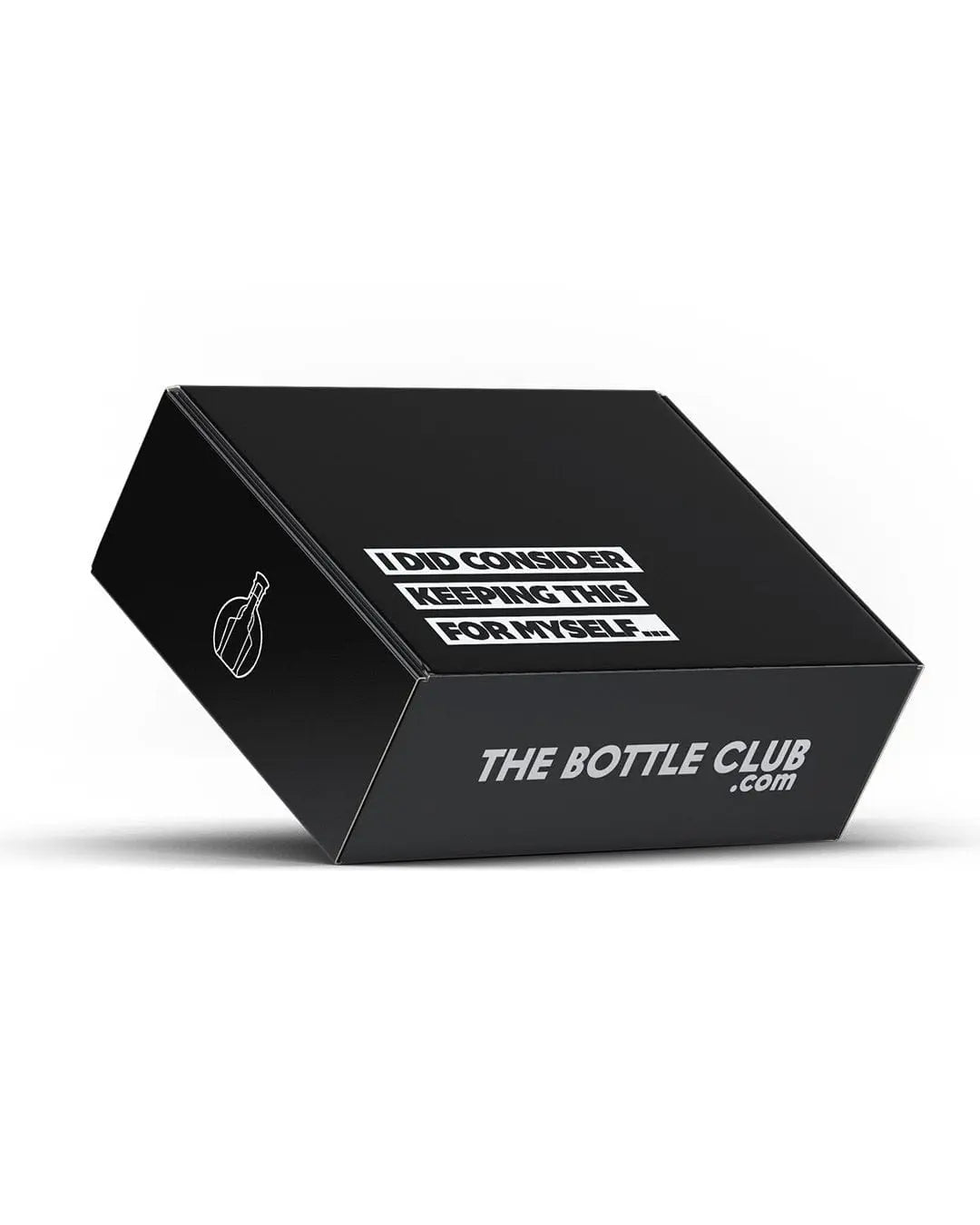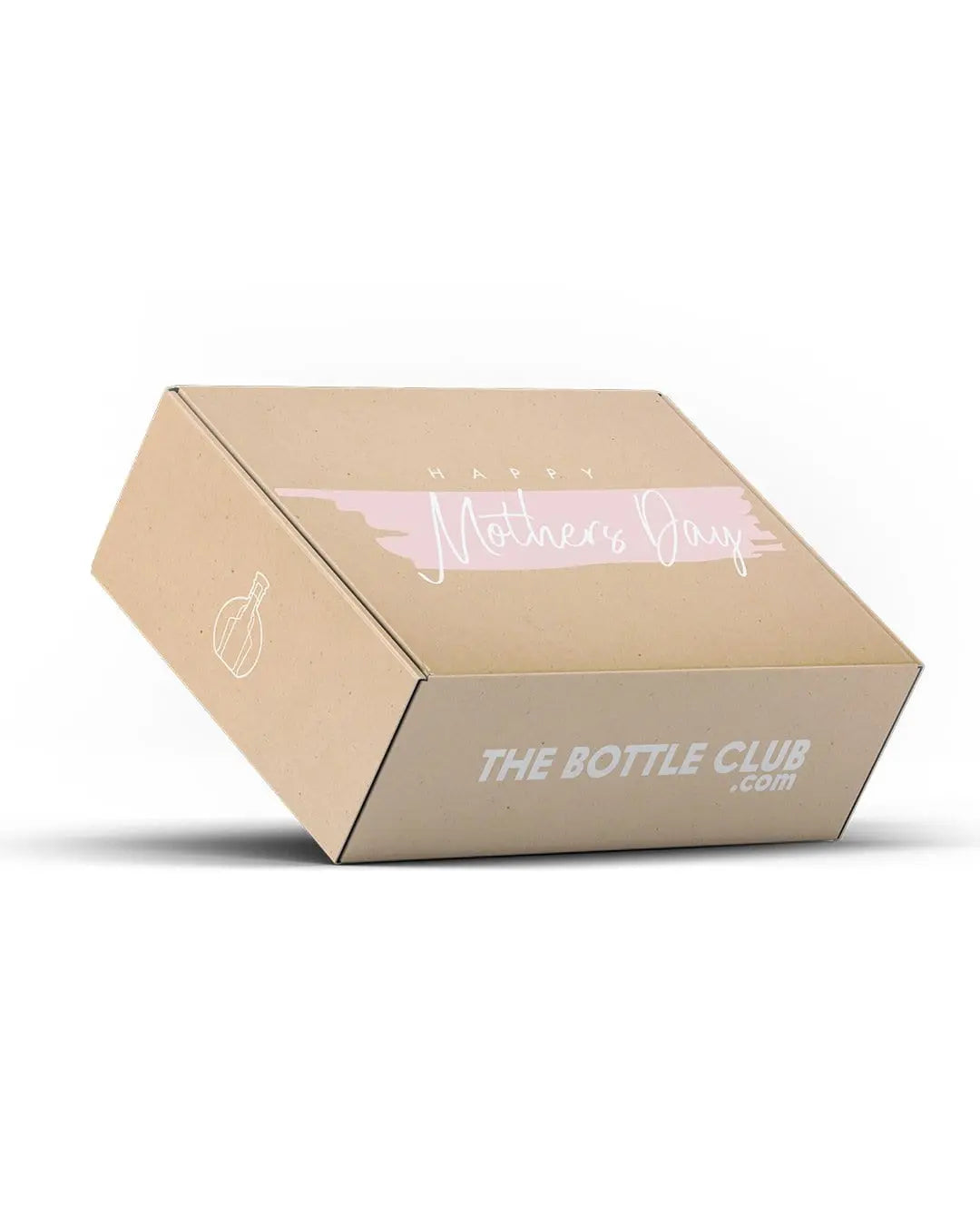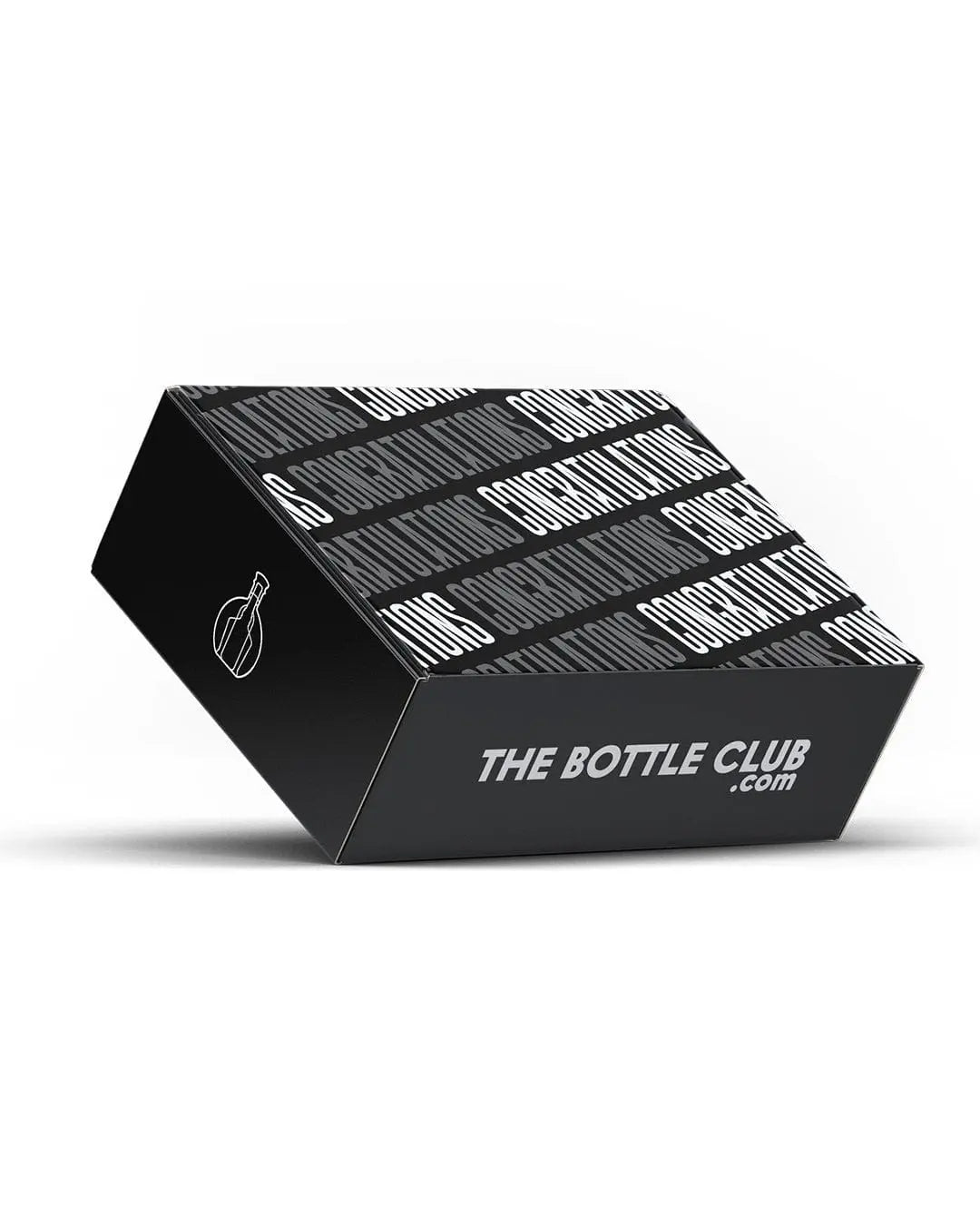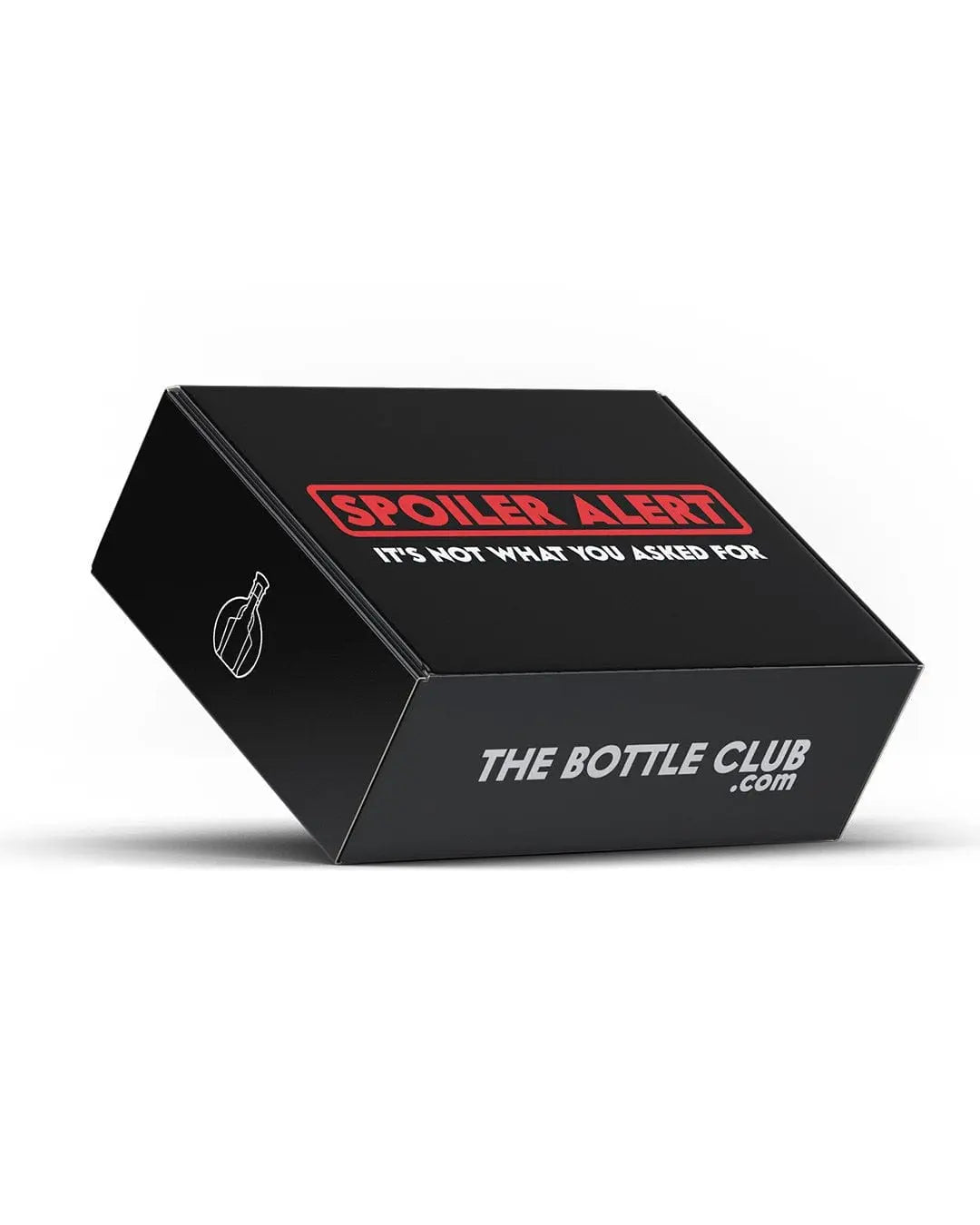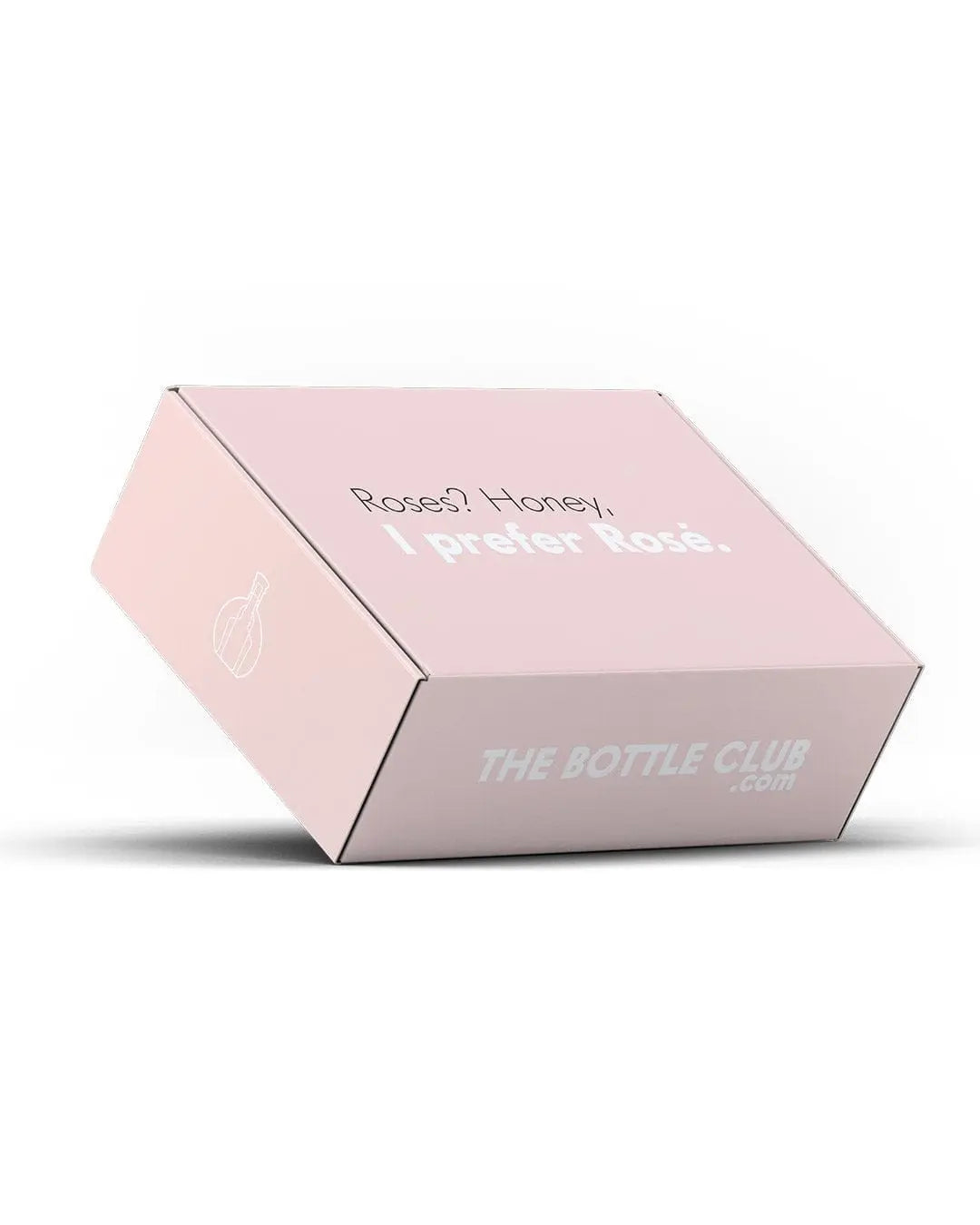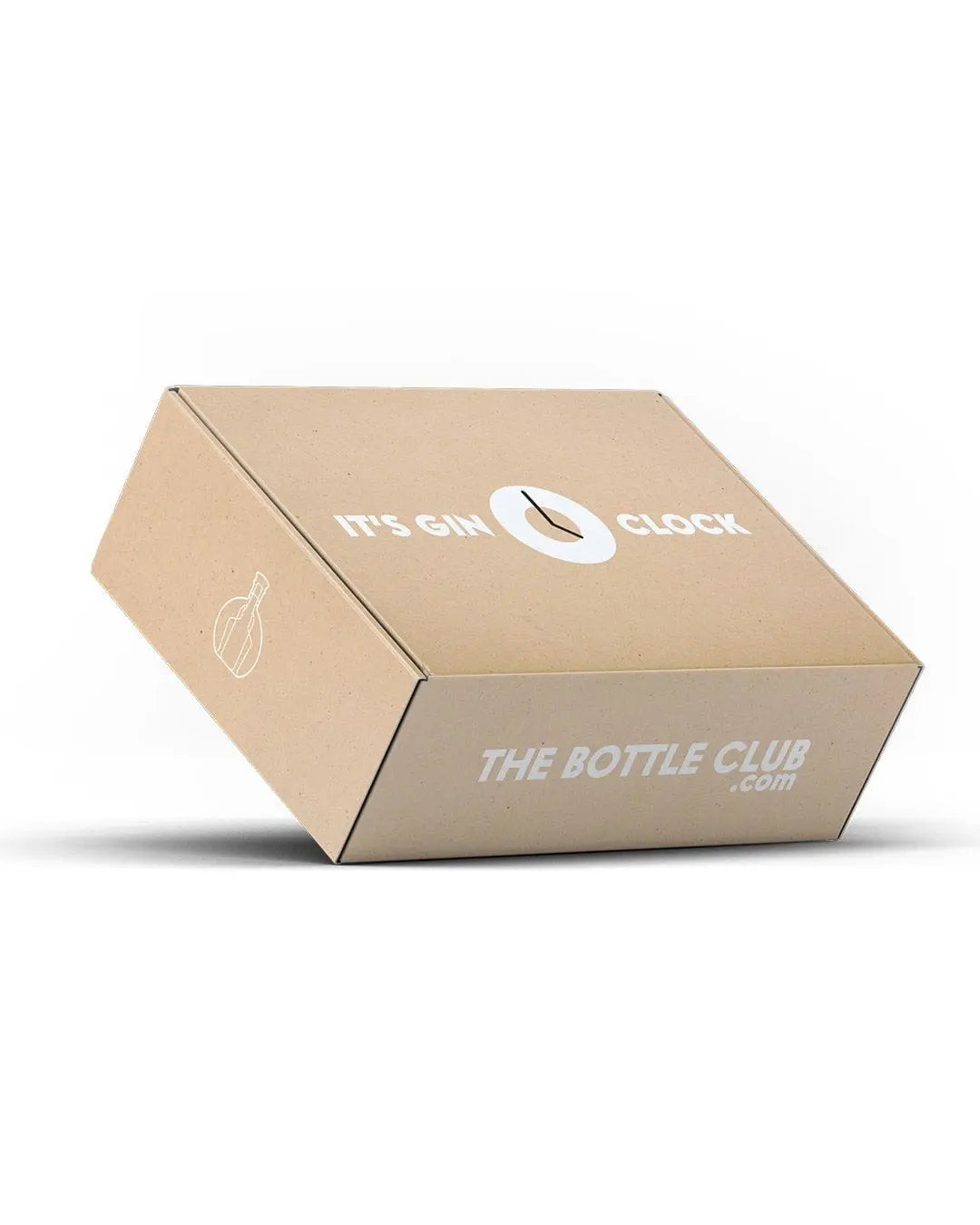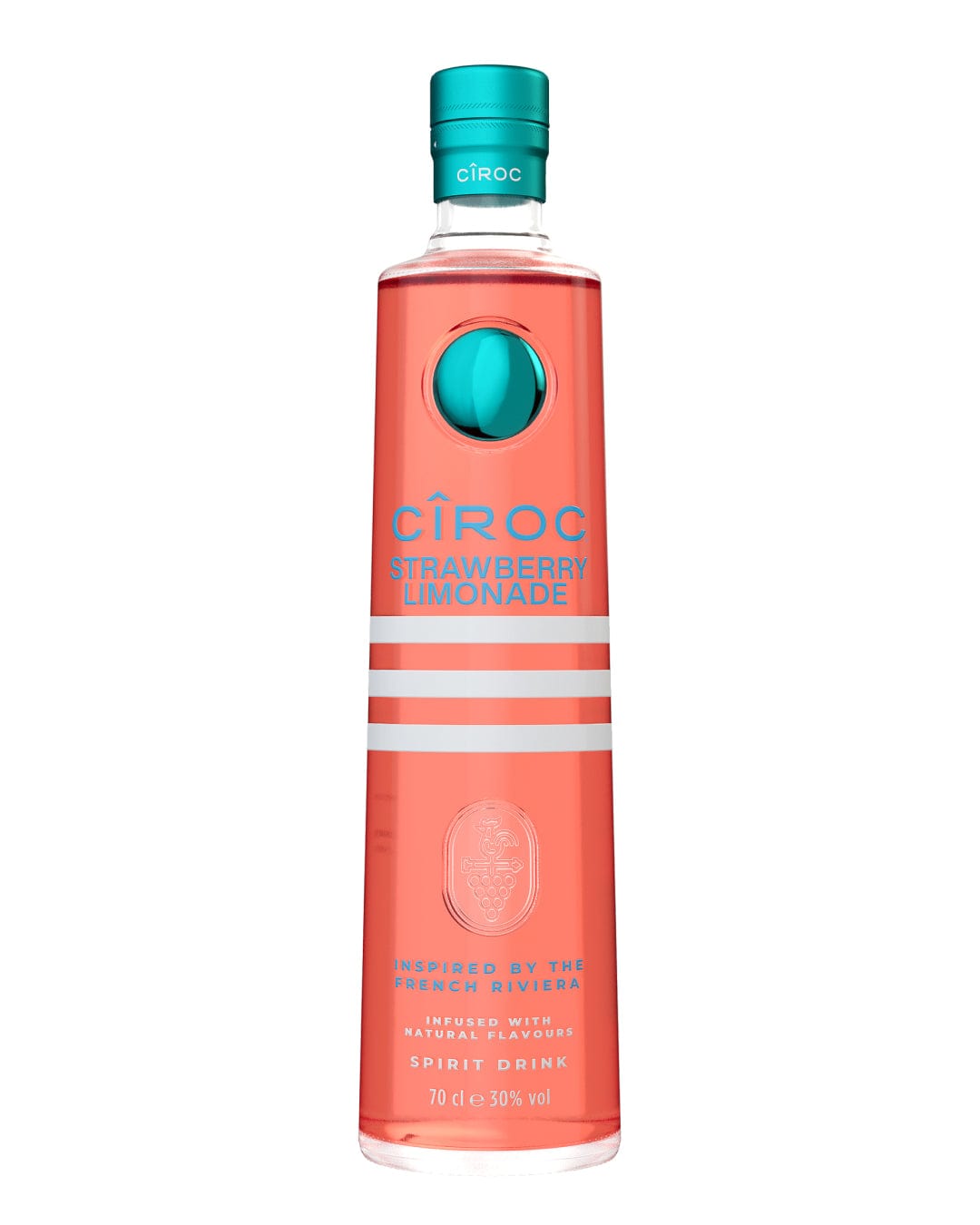
Cider
Shop by Type
Top Brands
What Other Drinks Can I Make With Cider?
When you buy cider, there are so many different ways to drink it other than simply pouring it into a chilled glass. Some of our favourite drinks to make with cider include:
CIDER FAQs
Cider’s history dates back thousands of years - people were already drinking it in Britain by the time the Romans arrived in 55 BC. Cider continued to be drunk, with the Normans also developing a liking for it when they conquered England in 1066. They liked it so much, they led the planting of more apple orchards, and even gave ‘cider’ its name.
Over the next few centuries, cider-making spread to Somerset, Herefordshire and even Yorkshire - much of the UK’s cider is still produced in Somerset to this day. Even though cider was consumed quite widely, wine remained the dominant drink of choice during the Tudor period, until a change in the climate made grape-growing increasingly difficult in Britain. Apples were easier to grow in England, so cider’s popularity soared.
The cider market has remained steady ever since, with the UK producing some 750 million litres each year for consumption both at home and around the world.
The cider making process typically begins in Autumn, with the apple harvest. Ripe apples are washed and sterilised, with any bad apples removed from the batch. The fruit is then ready to be milled, which means it’s crushed to create a pulp. The mashed apples are then placed into the cider press to extract the juice from the apples. The juice - along with yeast - is then transferred into a barrel to ferment for up to 2 weeks, while the apple ‘waste’ is usually repurposed as compost or even animal feed. By law, cider can only be known as cider if it contains at least 35% apple - apart from pear cider, which has to be at least 35% pear.
Fermentation is where the sugar in the apples is turned into alcohol (known as ‘scrumpy’) - sometimes, juice is also added to the mixture at this stage to create different flavoured ciders. It’s then time for the cider to mature, which can take anywhere from a few months to 2 years. Typically, this takes place over the course of the winter, ready for the cider to be drunk in the summer.
Every cider will have its own unique taste, but in general, cider has a crisp, fresh apple (or pear) flavour. Sweet cider will naturally taste sweeter, while dry cider is sharper and tastes more earthy than other varieties.
Cider should be stored in a cool, dry place out of direct sunlight to guarantee the best taste. Keep bottles and cans upright to reduce the risk of oxidation, and move to the fridge for an hour or two before serving for a crisp, cool beverage.
When you order cider online, you can expect it to last for around a year, if it’s stored as advised. Pasteurised ciders with a higher alcohol content will last the longest, with unpasteurised cider only lasting for a couple of months. Over time, cider can turn darker in colour, and the taste can be affected too, so it’s best to drink cider within a few weeks or months of purchase.
Ciders are usually gluten-free, as apples are naturally free from gluten, and the yeast added during the fermentation process is different to the brewers’ yeast used to make beer. However, exact ingredients and brewing processes can vary among brands and different types of cider, so always check the individual label when you buy cider online.
Most ciders are vegan-friendly, but animal products can sometimes be used for filtration in the cider-making process, so it’s always best to check the label of each individual cider before purchasing. Wignac is a fantastic vegan cider brand, while cloudy ciders that are unfiltered can be another great vegan and vegetarian-friendly option - still always check the label before buying though, just to be sure!
































